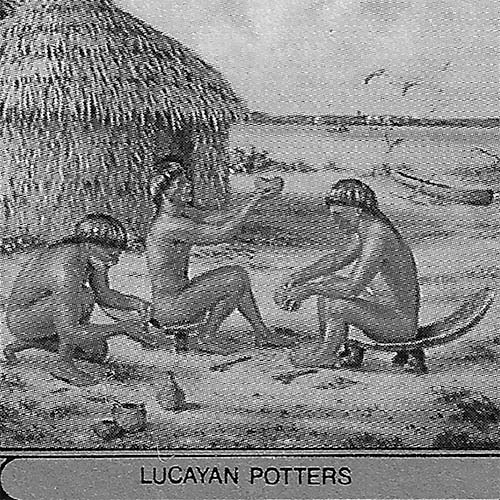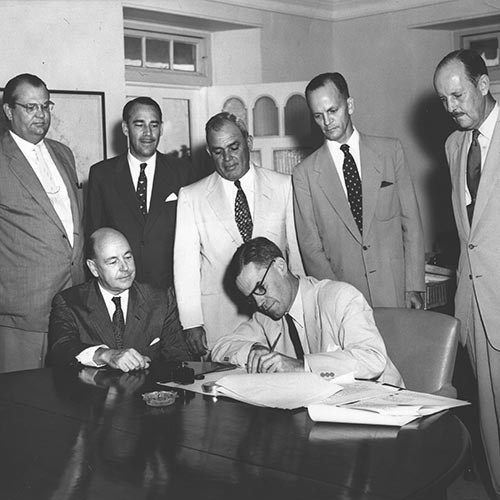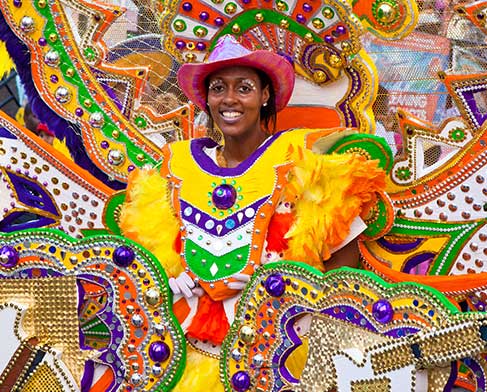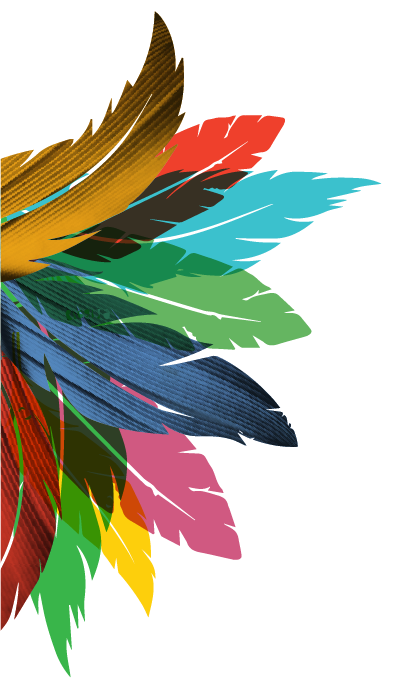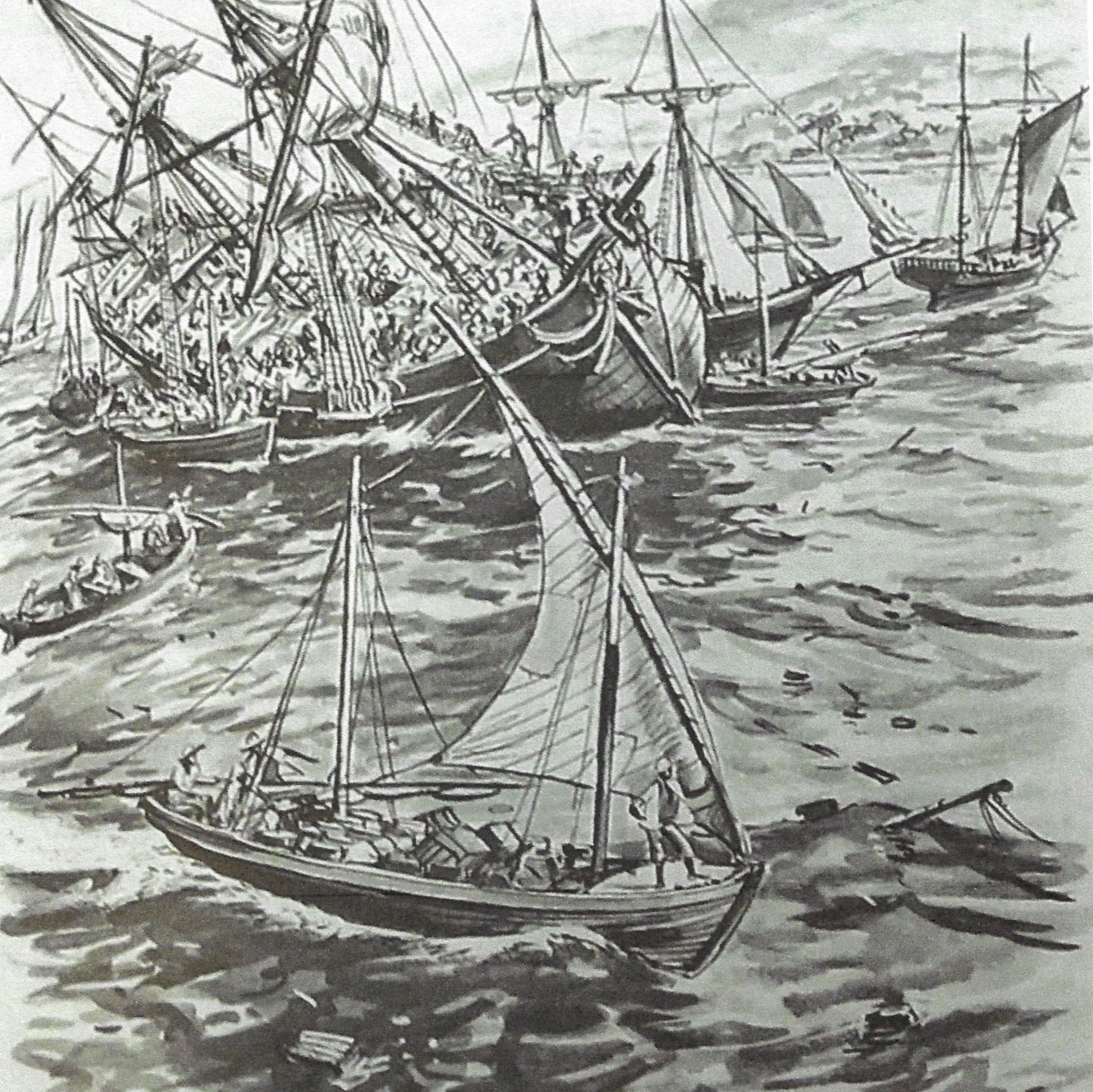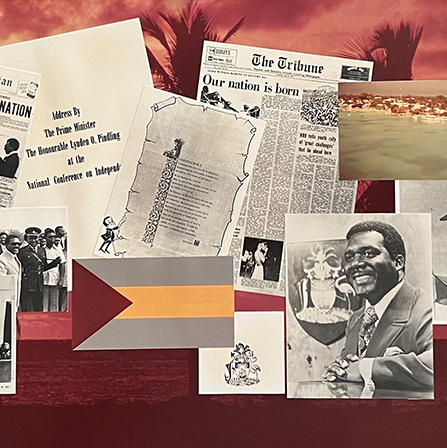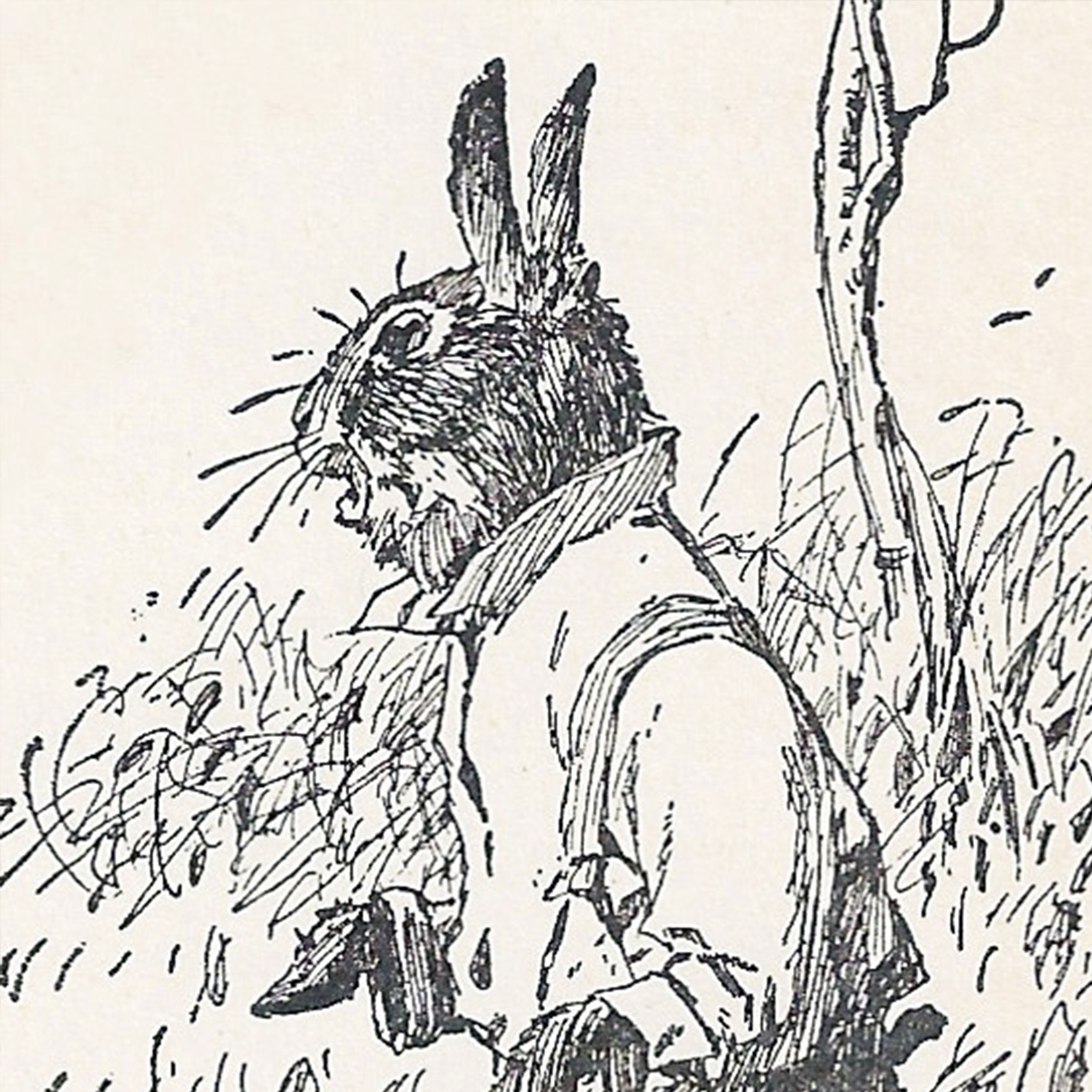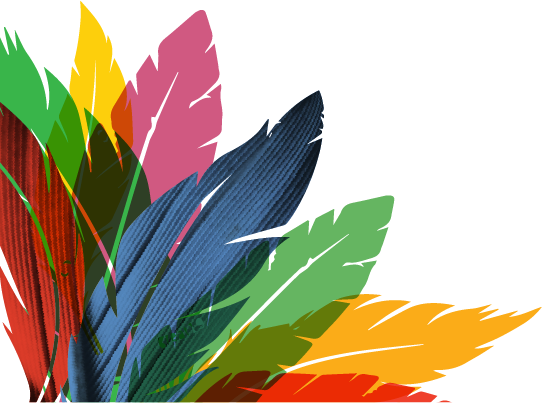Culture
Bootlegging and Rum-Running in the Bahamas
The Bahamas have a long and infamous history of bootlegging and rum-running, or smuggling alcoholic beverages, to get around taxes and in violation of prohibition laws in the United States. "Rum-running" or the smuggling of liquor over water likely originated at the start of U.S Prohibition in 1920. Lasting until 1933, ships from the western Bahamas transported cheap Caribbean rum to Florida speakeasies and further north up the Eastern Seaboard of the United States. Rum was cheap and made from sugarcane, which was grown throughout the Caribbean.
The term "bootlegging" likely originated from the habit of hiding flasks in boots and pant legs. It is applied to making home-made liquor and smuggling it over land. Illegally distilled alcohol would, at times, be mixed with known brands and rebottled to increase the bootlegger’s profit.
U.S. Prohibition
The most infamous period of rum-running and bootlegging was during Prohibition in the U.S., which began on January 16, 1920 with the Eighteenth Amendment that stated:
"…the manufacture, sale, or transportation of intoxicating liquors within, the importation thereof into, or the exportation thereof from the United States and all territory subject to the jurisdiction thereof for beverage purposes is hereby prohibited."
It lasted until the amendment was repealed with ratification of the Twenty-first Amendment on December 5, 1933. During this 13-year timeframe, running alcohol to and from the U.S. mainland became a big business in the Bahamas, with its location so close to thirsty markets.
A Center of Alcohol Smuggling
Rum, whisky and gin were legally imported into the Bahamas, mainly from the United Kingdom. West End, Bimini and Gun Cay, just fifty miles off the U.S. coastline, were prime staging areas where alcohol was stored before being smuggled into America.
The import-export trade became a lucrative business for many Bahamians. In 1919, the Colonial government increased taxes on alcoholic beverages entering the country, hoping to boost the economy. Indeed, when Prohibition came to an end in 1932, smuggling was responsible for creating a more modern and livelier society—especially in Nassau.
American gangsters, along with those involved in the smuggling trade, congregated at the Lucerne Hotel in Nassau, where an annual party, the "Bootleggers Ball," became a cultural highlight.
Even with U. S. Coast Guard boats anchored at West End, Bimini and in Nassau harbor, small boats left nightly, loading their cargo onto larger ships bound for the United States. Larger ships sailed as far as "Rum Row" off the coast of New England where they sat three miles off the coast in international waters, waiting for middlemen to being smaller boats to carry their illegal goods to shore. Seaplanes were even used, landing in the Florida Everglades, to deliver smuggled liquor.
In 1927, the U.S. Supreme Court ruled that American-flagged ships with illegal liquor could be seized up to 34 miles from shore, making it difficult if not impossible for smugglers. When Prohibition ended in 1933, people who wanted a drink in the U.S. no longer needed a bootlegger’s help to buy a bottle.
Bill McCoy – Prohibition-era Sea Captain, Rum-Runner and "The Real McCoy"
William Frederick McCoy is perhaps the best-known smuggler of alcohol between the Bahamas and the Eastern Seaboard. Sailing from Nassau or Bimini to the eastern coast of the U.S., he took great pride that he never paid a cent to organized crime, politicians or law enforcement.
McCoy's lucrative system anchored large ships off the coast in international waters and sold liquor to smaller ships that transferred it to shore. He was captured by the U.S. Coast Guard in 1923. At his trial he said, "I have no tale of woe to tell you. I was outside the three-mile limit, selling whisky, and good whisky, to anyone and everyone who wanted to buy." He pleaded guilty and spent nine months in a New Jersey jail, and then became a boatbuilder and real estate investor in Florida.
McCoy's liquor could always be relied upon to be the best. He never watered-down or cut his product with less expensive home distilled liquor from which the vernacular "the real McCoy" originated. He was popular for offering fair prices, free samples and a free case of the product per order to paying customers.
"The Bahama Queen" – Gertrude Lythgoe – Cleo, the Bootleg Belle
For a few years during the "Roaring '20s" and Prohibition in the United States, Gertrude Lythgoe was a bootlegger and an international celebrity in Nassau. She was the only woman to hold a wholesale liquor license in the Bahamas. She ran her business from a rented warehouse on Market Street and a room at the old Lucerne Hotel on Frederick Street in Nassau (now the site of Norfolk House). During the 1920s, this was known as the bootlegger and rumrunner HQ.
She used beauty, charm and business smarts to send shiploads of fine whiskey to thirsty America, joining Bill McCoy at times. All types and nationalities conversed on the front verandah waiting for the ringing of the dinner bell," Gertrude said in her memoir . "Many newspaper reporters and feature writers sat by the hour gathering rich material to be woven into fiction." In her later years, Lythgoe moved to Miami and then lived in New York and Detroit, where she became a pioneer in the car rental industry. She died in 1974 at the age of 86.
